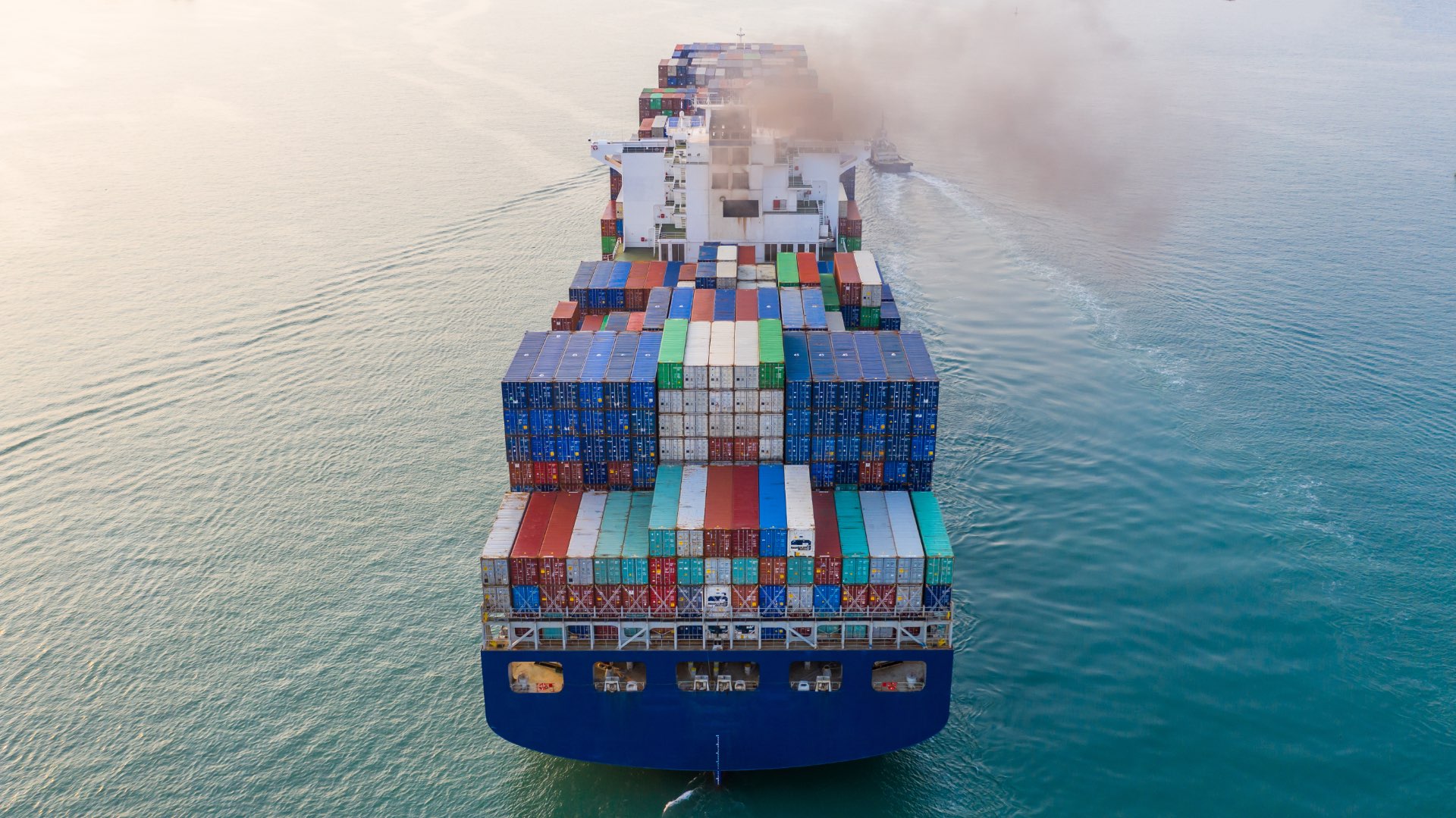
The global chip shortage is delaying everything from new cars to cameras to new MacBook Pros, but it’s only part of a multifaceted problem that is causing supply chain issues everywhere.
I bought a new car last month. I didn’t mean to. It was just that the value in my three year old lease car was so much higher than it was meant to be, around 50%. So, when I took it in for a service, the dealer said he could use the difference to fund me a new (and better) car from stock and still sell my old car for a tidy profit — all while my monthly lease payment stayed the same.
This is one of those rare win/win moments you get as a consumer and is not an isolated story either. There are reports in the UK press starting to emerge of some second-hand cars now being worth more than their brand-new counterparts — simply because you can get your hands on them. I was lucky though that my dealer had what I wanted on his forecourt already. If you want to order a new car now lead times have gone out from three months to seven and rising. And if you want some of the more chip-heavy bells and whistles — automatic parking, rain sensors etc — then it’s going to be even longer.
The chip shortage, is, of course, the main problem here. Modern day cars are stuffed full of microprocessors and there aren’t many of them about. And it’s the same problem that is contributing to Apple’s listing of new MacBook Pros veering all over the place. Stock model backorders are currently four weeks in the future. Add in any customisation and that becomes closer to six weeks — and that is actually an improvement on the situation a few days ago. Not long after launch, some of the higher specced models were going to take as long as two months to arrive. And that was an estimate.
The problem is that the chip shortage is not where the issue stops. The great shuddering to a halt and then fitful restart of the world’s manufacturing base due to Covid has had repercussions throughout the supply chain. Most manufacturers in recent decades have switched to Just in Time manufacturing — a process pioneered by the car industry and Toyota in particular in the latter part of the last century. That means they only make stock when they receive the order. It’s lean, it’s efficient, and it’s also far more vulnerable to shocks in the system than the previous mass production/stock/inventory model.
The chip shortage and the global pandemic
Shocks don’t come much bigger than a global pandemic, and the problem has been exacerbated by the difficulties of moving the sudden surge of goods though the system now that production is back online. The Port of Los Angeles hit a new record last week of 100 ships at anchor waiting to unload, way in excess of its pre-pandemic sub-20 mark. I spoke to a freight forwarding company before NAB got cancelled that was recommending customers route their stuff to Vegas via the East Coast and then overland rather than via LA — it was more expensive but at least it would get there.
The problems snowball from there, with a shortage of key workers — truck drivers and warehouse operatives in particular — meaning that the goods can’t move on from the ports in good order. This is being exacerbated by increasing competition for their services. Just up the road from me in Belfast, Amazon is offering a £1500 signing on bonus for warehouse operatives, which is leading the Royal Mail to warn it will be short of seasonal workers to cope with Christmas deliveries. And recruiters are currently reportedly offering truck drivers £2,000 golden handshakes and day rates equivalent to £100,000 a year.
As a result of all this, companies as well as individuals are ordering stock and components earlier than usual to try and beat the crisis, which is having the net effect of making it worse. All of which leads to headlines such as Forget Christmas - That ship may have already sailed and the sinking realisation that not being able to buy your kids their favoured Christmas presents may be the least of your upcoming worries.
What does this mean for the industry?
Cars, computers, and cameras… According to Jon Fry, Managing Director of leading broadcast solutions provider CVP, demand for cameras such as Sony’s new FX6 is outstripping supply by a fair degree. He sees the problem as having multiple components. Above and beyond the chip shortage, for instance, the surge of demand for content is leading to demand for kit. And this has been made more difficult to cope with because it has been as constant as it has been unexpected.
“It wasn’t a spike because it hasn’t gone down yet,” he says. “I’m still supplying kit at a higher rate than I was pre-Covid.”
Stock levels have changed as a result and, as an illustration, CVP now carries about 60% more in overall value than it did before. Crucially though, whereas once about 6% of the company’s inventory would have been on backorder, that number has risen to nearly 25%, indicating the lengthening lead times of many products.
Inevitably, prices are likely to rise as a result of the problems in manufacturing and supply. ARRI put its up recently and it’s extremely likely that more manufacturers will follow soon. Fry reckons though that the industry will be able to absorb these rises due to two things: the sheer amount of work around at the moment and the fact that, in the same way as the car market is seeing used prices rise, so the value of pre-owned camera kit is on the up too.
Some items have always held their value, but there is a chance that as the problems in the supply chain extend into next year — and latest forecasts suggest the chip shortage alone will extend into the second part of 2022 — you may find more and more electronics-based ones do as well. And if it works for me with a Skoda Kamiq, maybe it will for that new full-frame camera you have your eye on too.
Tags: Technology Production


Comments